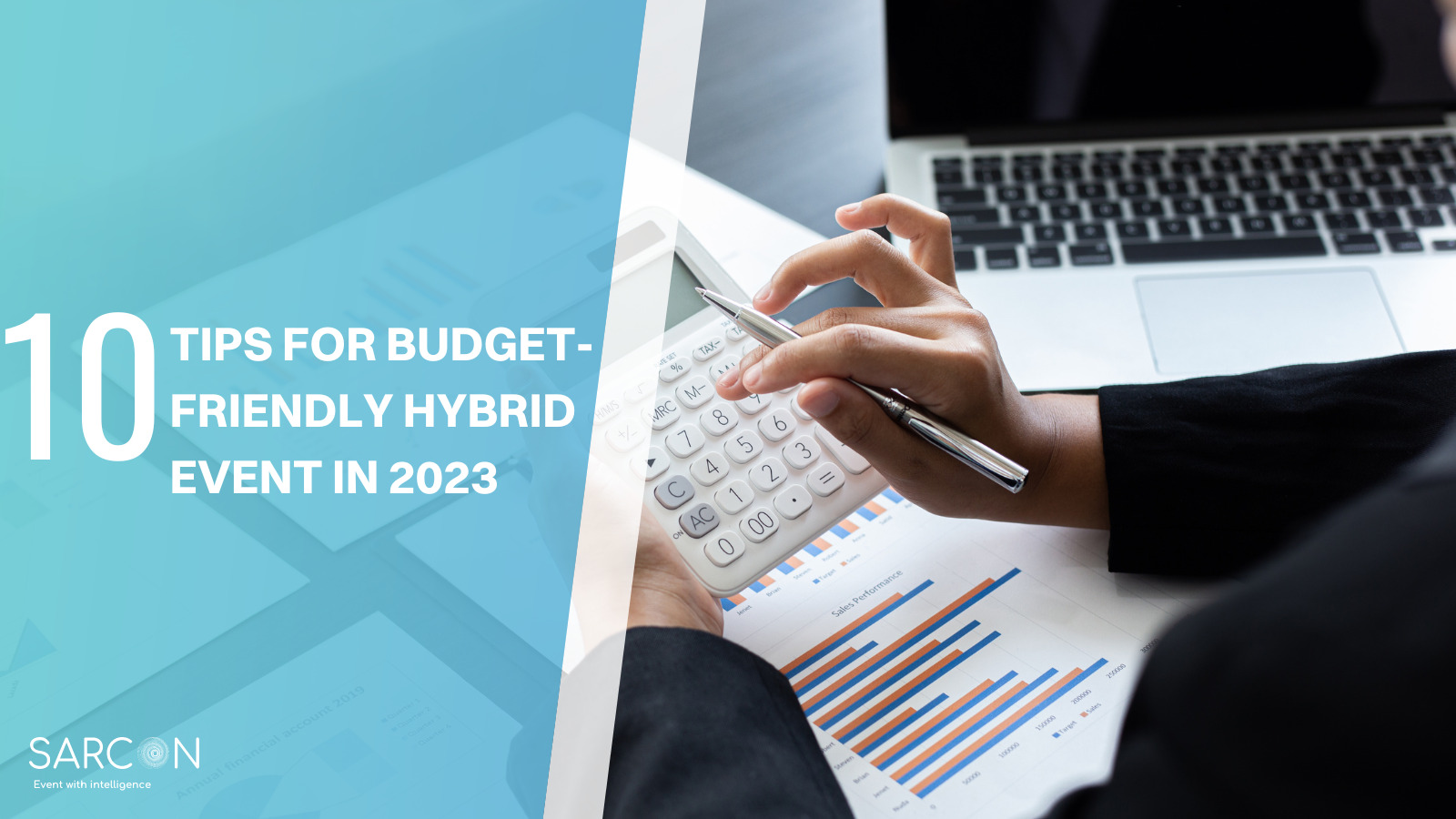Virtual events are on everyone’s radar at the moment. With on-ground events returning in a new incarnation, the virtual and hybrid event iterations continue to thrive in the event space. However, you need to consider some things before you host your own virtual event.
Pre-Event
Create an activity map of your event
The activity map should include information regarding how event registrations will take place, live-streaming or pre-recorded event promotions, and so on.
Outline any integrations, ideas about audience experiences, feedback collection strategy, date & time, expected audience size, and tools for execution.
Strategically Decide Event Date & Time
Like offline on-ground events, date & timing are essential in virtual events. Expecting attendees to show up at random times and days will not work.
So, identify what days of what week in what month will the maximum amount of your target audience be available for your event. One distinct advantage you have with virtual events is that your event can be made to be accessed once the event is completed for viewing purposes. This helps out those who could not attend on the pre-defined dates by still giving them event access.
Use The Perfect Virtual Event Tech
Modern virtual event platforms allow you to create your unique virtual venue with all the necessary outlets like an information desk, lounge, theatres, auditorium, etc., as an actual venue.
Some tools & technologies integrate various exciting, engaging, and interactive elements like live social media feed to your virtual event to make it more attractive & exciting to increase engagement & build interactive experiences.
Event Promotions
Since it is a virtual event, the best way to promote it is through digital channels, as offline marketing channels might not be relevant and practical.
You must reach out to your target audience on digital channels through paid advertising or social media posts about your event. Integrate the registration link in these promotional activities to ensure maximum exposure and attendee rates.
Prepare In Advance For Technical Errors
The biggest challenge with digital events is that you might face technical difficulties & glitches before your event or, even worse, during your event.
So, you need to identify all technological tools & equipment you are using and the possible errors that can arise out them in the event of a malfunction.
Always select a virtual event platform like Sarcon that offers an event operator with live support to rectify any issues on the platform side.
Dry Runs With Performers/Speakers
Doing dry runs of sessions and testing various virtual event features is essential to ensure you are not hindered in any way.
This testing period is critical to educate all speakers/key guests unfamiliar with virtual events.
During Event
Motivate Audience To Engage & Interact
Audience engagement is the key performance metric for any event, whether offline, in-person, or virtual. So, it would be best if you made sure of appropriate & productive audience engagement throughout.
Include elements like live chat feed, Q&A sessions, discussion rooms, sharing images & videos, or asking users to share their experiences on social media.
You also entice attendees on any reward or incentive-based activities to further get them to mingle in the eveDon’ton’t forget that modern virtual event platforms like Sarcon allow gamified activities and HTML 5 games directly in the event!
Post Event
Collect Audience Feedback On Key Metrics
Like offline live events, it is essential to know how the audience experience was, especially when most of them would be new to the concept of the virtual event.
You can gather feedback on the activities, schedule, & objectives of the event and audience experience regarding the virtual event.
This will help evaluate your performance with the expected outcomes regarding virtual events. Also, you will gain important feedback about whether the objectives were fulfilled or not.
Share Further Action Plan
You can share additional information relevant to your event and the audience, such as an event coming up or expecting an attendee response relating to the event.
Boost lead acquisition or brand promotion by asking users to share their experiences about the event on social media and digital channels like Twitter.
Save the virtual event for later viewing.
Having your event available online is vital if you want people who could not attend on the designated dates to still view and interact. You can also use this to your advantage in promoting your future events, as the entire event is readily available for various marketing efforts.
Conclusion
These were the most important and valuable steps to help you build a virtual event from scratch and turn it into a successful event. While it is essential to have a good plan, having access to an equally good virtual event platform like Sarcon takes a considerable burden off your shoulders.



